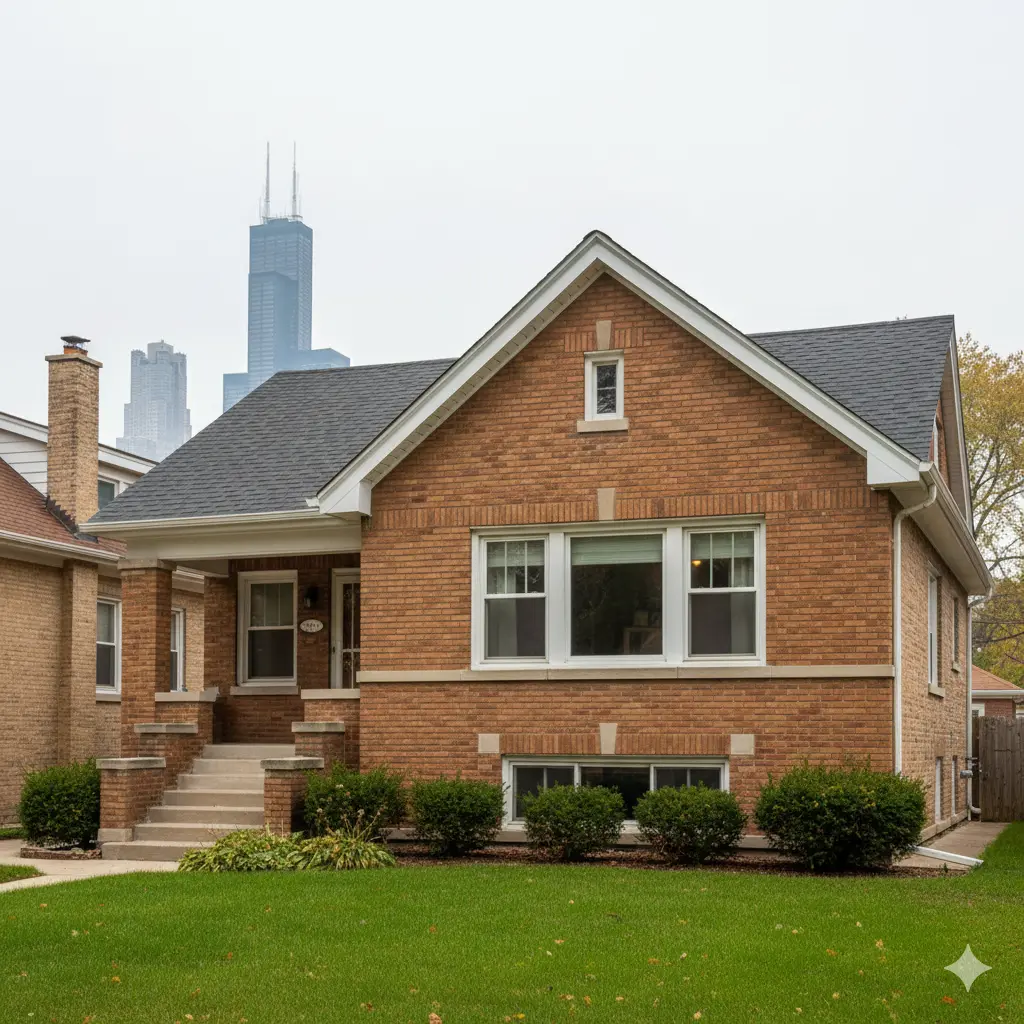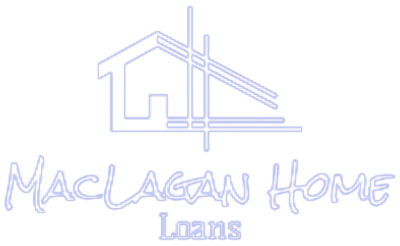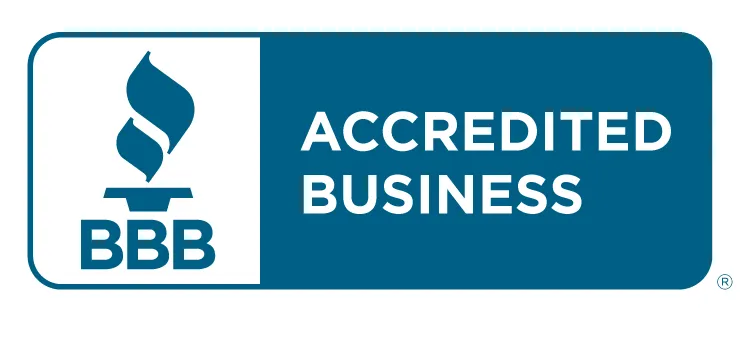FHA Loans
FHA Loans in Illinois
Get clear FHA mortgage guidance and quick loan approvals designed for Illinois homebuyers.
Answer a few simple questions in our 30-second mortgage survey. No credit check and your info is never sold

The ideal mortgage for first time home buyers and homeowners who need a low down payment mortgage option and flexible credit requirements. FHA loans offer an affordable mortgage payment and easier loan qualifications.
What Are FHA Loans
FHA loans are government-backed mortgage loans insured by the Federal Housing Administration (FHA). They are an excellent mortgage to make homeownership possible for borrowers who might not meet the stricter requirements of conventional loans.
With FHA loans, you can purchase a home with a down payment as low as 3.5% and more flexible qualification requirements compared to conventional mortgages. This makes homeownership more accessible to first-time homebuyers and those with less-than-perfect credit histories.
What Do You Need To Qualify for an FHA Loan?
- Minimum credit score of 580 (with 3.5% down) or 500-579 (with 10% down)
- Stable employment history for the past two years
- Proof of income that’s likely to continue for at least three years
- Maximum debt-to-income ratio of a 46.9% for your housing ratio and a 56.9% for for total debt ratio.
- Down payments can be a gift from a family member or relative
- The home must be your primary residence (no investment properties)
- Property must pass an FHA appraisal
- Must pay both upfront and annual mortgage insurance premiums
Who Are FHA Loans for?
FHA loans are designed for homebuyers who might face challenges qualifying for conventional financing. They’re ideal for first-time homebuyers, borrowers with credit scores as low as 580, and those with limited savings for down payment. If you’re recovering from past credit issues, have a higher debt-to-income ratio, or want to preserve more of your savings with just 3.5% down, FHA loans offer an accessible path to homeownership. These mortgages work well for purchasing single-family homes, condos, townhomes, and even multi-family properties up to four units, as long as you plan to live in one unit. FHA loans are also excellent options for younger borrowers still building credit history or those early in their careers with growing income potential.
The FHA Loan Process and How To Get Started
Starting your FHA loan journey with MacLagan Home Loans is straightforward and supportive. Our process is tailored to address the unique aspects of FHA financing while making homeownership accessible. Begin by completing our FHA Loan Qualifier online or scheduling a one-on-one consultation with our experienced mortgage professionals. We’ll guide you through gathering the necessary documentation, including personal identification, income verification, financial statements, and information about your credit background.
To get started on your FHA loan:
- Complete the brief qualification survey on our website
- A dedicated FHA specialist will contact you to discuss your options
- Securely upload your financial documents to our protected system
- Receive your customized pre-approval within 24 business hours
- Begin searching for your new home with clear understanding of your budget
- Complete the closing process in 21 days or less with our expert guidance


Why A FHA Loan?
Typically an FHA loan is one of the easiest types of mortgage loans to qualify for because it requires a low down payment and you can have less-than-perfect credit.
An FHA down payment of 3.5% is required. Borrowers who cannot afford a traditional down payment of 20% or can’t get approved for private mortgage insurance should look into FHA loans.
To qualify for a mortgage, lenders typically require that you have a debt-to-income ratio of “46.9% front end / 56.9% back end.”
Get approved Quick & Easy!
Loans we offer
Your Home Loan Could Be Fully Funded 21 Days From Now Without Any Hassles!
Conventional Loans
A popular mortgage option for borrower’s with strong credit and stable income. Down payments as low as 3% and with competitive and adjustable rate options.
Read moreBank Statement Loans
The best mortgage option for self-employed borrowers. If you take all of your write offs on your tax returns and can’t qualify for a conventional loan, this is the perfect mortgage option for you.
Read moreVA Loans
The best loan option for eligible military veterans and active duty service members. 100% financing and no mortgage insurance.
Read moreJumbo Loans
A great mortgage option for borrower’s looking to finance a home that exceeds conventional loan limits. Down payments as low as 10%.
Read moreDSCR Loans
Rental property loans that require no income or employment verification. The best loan for real estate investors and landlords
Read moreFix & Flip Loans
The perfect loan option for real estate investors who are looking to finance a property that needs renovation. Finance 100% of the renovation with down payments as low as 10% of the purchase price.
Read moreFHA Loans FAQ
What disqualifies you from an FHA loan?
FHA loan disqualifications typically fall into personal financial factors and property issues. On the financial side, you may be disqualified with a credit score below 500, insufficient income for the proposed payment, excessive debt ratios without compensating factors, or delinquent federal debt including taxes and student loans. Recent bankruptcies, foreclosures, or judgments also create barriers. Property-related disqualifications include homes failing the FHA inspection for safety or structural issues, properties exceeding FHA loan limits for your county, or non-owner-occupied investments. Additionally, non-permanent residents without legal status cannot qualify for FHA financing.
What is the income limit for a FHA loan?
FHA loans do not have an income limit. Whether you earn $30,000 or $300,000 annually, you can qualify for a FHA loan. FHA loans instead focus on your debt-to-income ratios, which allow your mortgage payment/ housing expense to go up to 46.9% and your total debt payments up to 56.9%. This makes FHA loans easier to qualify for.
What won’t pass the FHA inspection?
FHA property inspections focus on ensuring homes are safe, secure, and structurally sound. Critical failures include foundation issues (significant cracks, settling, water intrusion), roof problems (leaks, damage, less than 2 years of life remaining), or major structural defects. Safety hazards that won’t pass include inadequate heating systems, faulty electrical wiring, missing handrails on stairs, or bedrooms without proper escape routes. Properties fail for environmental concerns like standing water around foundations, improper drainage, or pest infestations. In homes built before 1978, peeling or deteriorating paint presents potential lead hazards that require remediation. Additionally, properties lacking basic utilities (water, electricity, sewage disposal) or with health threats like mold will not pass FHA inspection.
What is the FHA self sufficiency test?
The FHA Self-Sufficiency Test applies specifically to multi-unit properties with 3 and 4 units where the borrower plans to live in one unit. This test determines if the rental income from the additional units provides enough income to cover a significant portion of the mortgage payment. While exact requirements may vary, generally the projected rental income (usually calculated at 75% of market rents to account for vacancies) must equal or exceed the monthly mortgage principal, interest, taxes, and insurance (PITI). Meeting this test can help borrowers qualify for larger loan amounts since the rental income effectively offsets the mortgage payment, making the property essentially “self-sufficient” from a financial perspective.
Is FHA better than conventional?
FHA and conventional loans each have their own unique strengths. FHA loans have lower minimum credit score requirements (scores as low as 500), down payments as low as 3.5% and higher debt to income ratios. You also have two types of mortgage insurance that you pay. Upfront mortgage insurance that is 1.75% of your loan amount and a monthly mortgage insurance of 0.55% of your loan amount.
Conventional loans are usually more suited for borrowers with stronger credit e.g. 620 minimum credit score, down payments as low as 3%, and have a hard debt-to-income ratio of a 50% for your total debts. Conventional loans only have a monthly mortgage insurance but there are many factors that go into how much it will be and in some cases can be more expensive that the mortgage insurance on a FHA loan.

